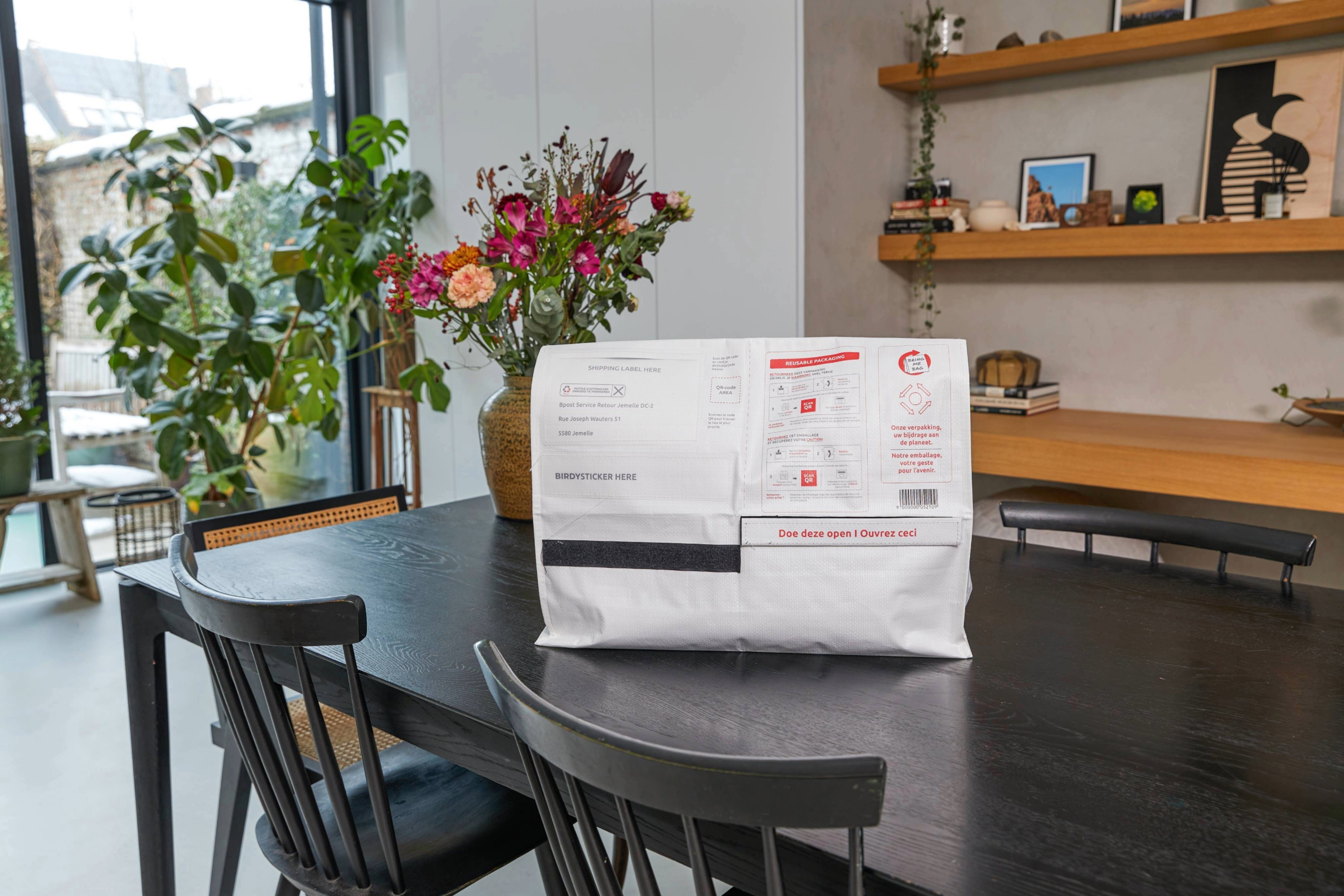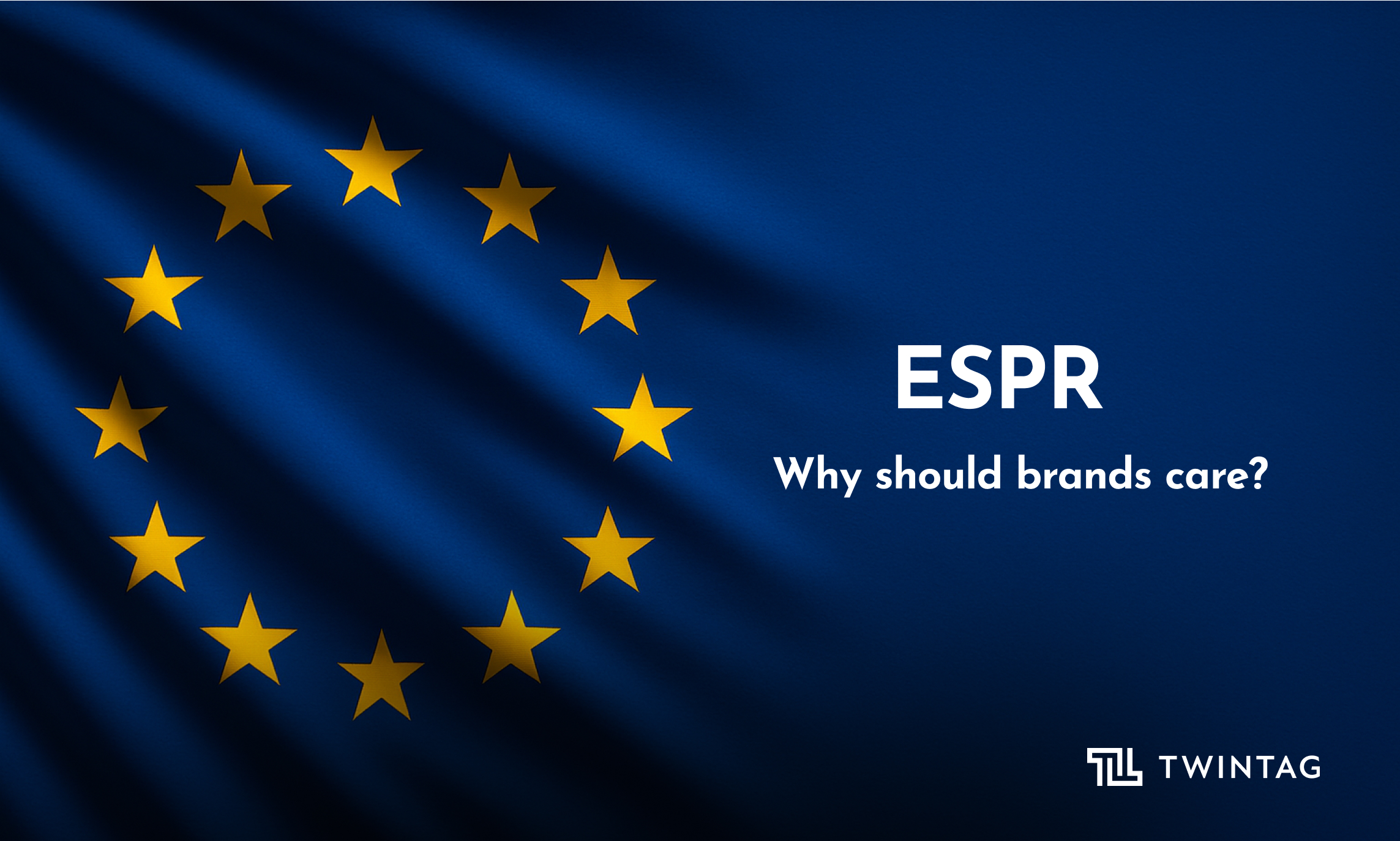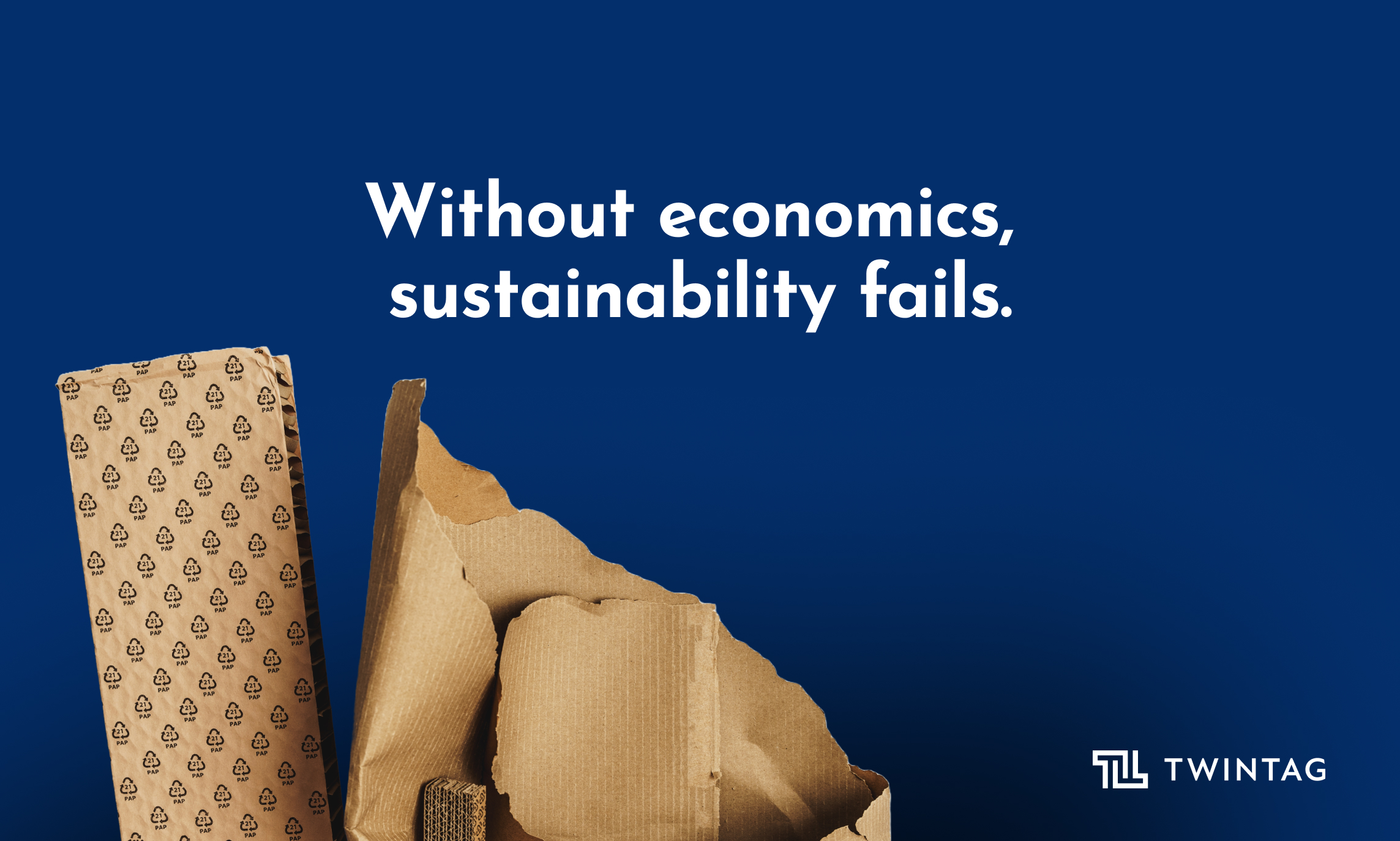The future of logistics is digital: transforming supply chains with digital tagging
The logistics industry is shifting. Fast. As supply chains grow more tangled and complex, the need for digital logistics solutions becomes urgent.
.png)
We live in an age where real-time tracking, efficiency, and sustainability are no longer nice-to-haves—they’re expectations. Businesses still using paper, manual processes? They’re playing a losing game. They’re slow, inefficient, and costly. In a world moving at digital speed, clinging to old ways isn't just a choice; it’s a liability.
Meanwhile, those embracing digital transformation in logistics are pulling ahead. They’re using tools that give them instant visibility into their operations, cutting through inefficiencies and reducing costs. Automation, powered by technologies like QR codes or RFIDs, is turning paper trails into digital pathways, connecting every part of the supply chain. The result? Smarter decisions, fewer delays, and clearer insights.
Digitalization in Logistics: Who Wins and Who Loses?
In any industry, there are two types of players: those that change with the times, and those that don’t. In logistics, the distinction is clear. The losers cling to outdated systems, drowning in paperwork and inefficiency. These businesses suffer from slow decision-making, higher costs, and frustrated customers. They’re reacting to problems instead of proactively solving them.
The winners? They’re the ones who adopt digital logistics platforms and tools that provide real-time data, automation, and transparency. Digital transformation in the logistics industry is more than a buzzword; it’s the difference between lagging behind and staying ahead. The ones who get it are improving their operations, reducing costs, and delighting their customers.
By tagging each unique product or packaging with a dynamic QR code, these businesses aren’t just keeping up—they’re redefining the game. Real-time visibility means everyone from warehouse managers to drivers knows exactly what’s happening at every step. Transparency and collaboration become second nature, turning disconnected parts of the supply chain into a well-oiled machine.
Real-World Impact: Why It Matters
.png)
Look at any company thriving in this new world of digital logistics, like Katoen Natie. What’s their secret? It’s not just adopting a fancy new tool—it’s understanding that real-time data, automation, and digital logistics solutions unlock a better way to operate. Katoen Natie eliminated reams of paperwork by digitizing their truck operations using Twintag’s solution.
Real-time tracking, seamless communication, and digital workflows replaced hours of manual effort. The payoff? Optimized routes, reduced delays, and significant cost and waste reduction. This is more than just efficiency—it’s about business impact and contributing to a greener future.
The Benefits of Digital Logistics: Less Waste, More Action
It’s not just about what you save—it’s about what you gain. Digital logistics solutions mean fewer mistakes, less time spent on manual tasks, and more focus on what matters. When businesses adopt these tools, they suddenly can operate with clarity. The benefits of digital logistics ripple through every part of the supply chain, from shipping and inventory management to customer service.
Leaders who embrace digital transformation in transportation don’t just see things more clearly—they act faster. Real-time visibility, smarter data, and automated processes mean faster decision-making, quicker responses to changes, and a system that can adapt on the fly. It’s about moving from a reactive mindset to a proactive one.
A Digital Future for Logistics
There’s no question: digital transformation in logistics is already reshaping the industry. The winners are those who understand the power of automation, data, and connectivity. They’re the ones using supply chain management software to gain insights, drive efficiency, and stay competitive in a fast-moving world.
The future of logistics isn’t waiting for anyone. Those who invest in digital logistics platforms today will shape the logistics landscape of tomorrow.
The only question left is: will you be ready?


-min.png)



